MathsHubs Turing NW Resources
Here is a small selection of the NCETM materials, guidance and national curriculum resources . These NCETM resources can help you plan and teach great maths lessons, and to assess your pupils’ knowledge and understanding. Many of the resources are also suitable for collaborative professional development.
From the Department of Education

DfE Early Years Mathematics resources
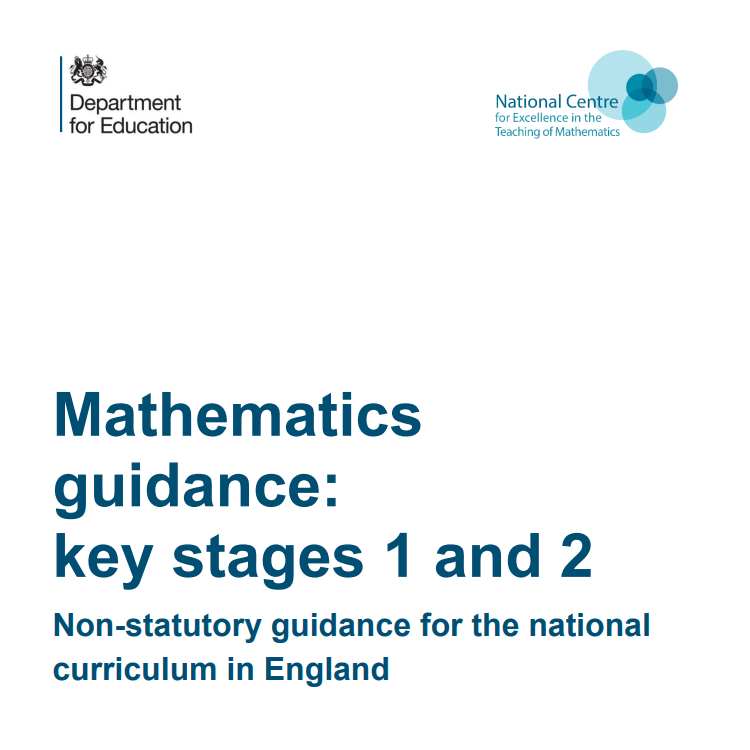
DfE 2020 Mathematics Guidance KS1 and KS2
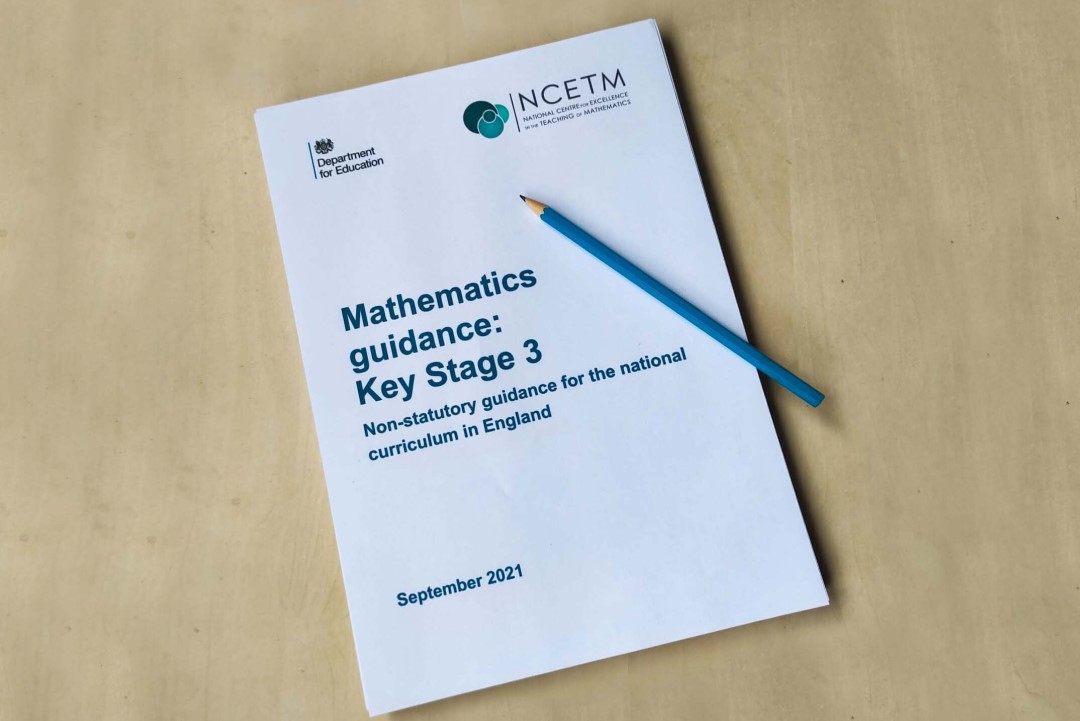
DfE guidance on teaching maths at KS3
Early Years Mathematics
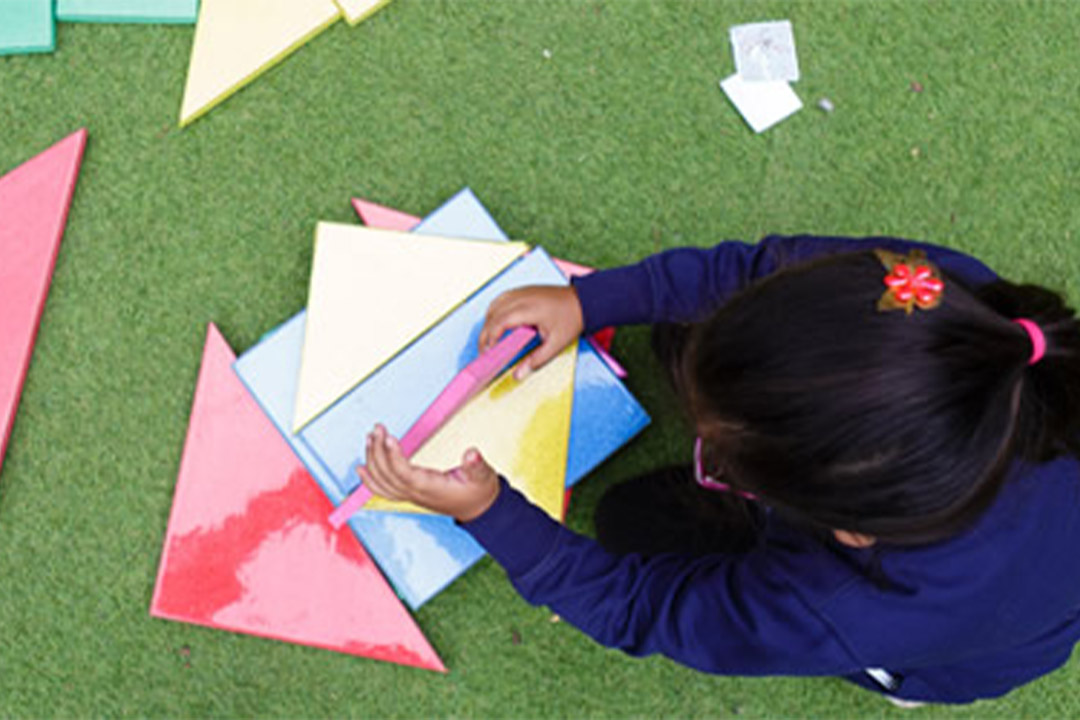
Pattern – Progression Chart
Looking for and finding patterns helps children notice and understand mathematical relationships.

Cardinality and Counting – Progression Chart
Understanding that the cardinal value of a number refers to the quantity, or ‘howmanyness’ of things it represents
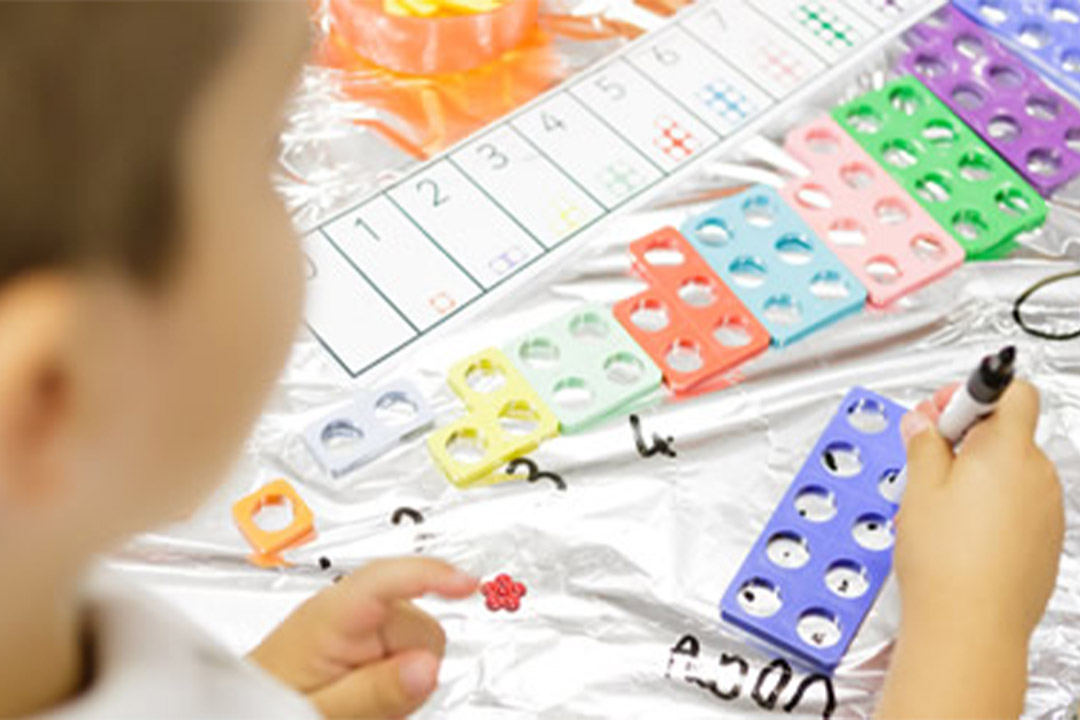
Comparison – Progression Chart
Understanding that comparing numbers involves knowing which numbers are worth more or less than each other.

Composition – Progression Chart
Understanding that one number can be made up from (composed from) two or more smaller numbers.

Shape and Space – Progression Chart
Understanding what happens when shapes move, or combine with other shapes, helps develop wider mathematical thinking.
A selection of Primary Mathematics resources from the NCETM

DfE 2020 Mathematics Guidance KS1 and KS2
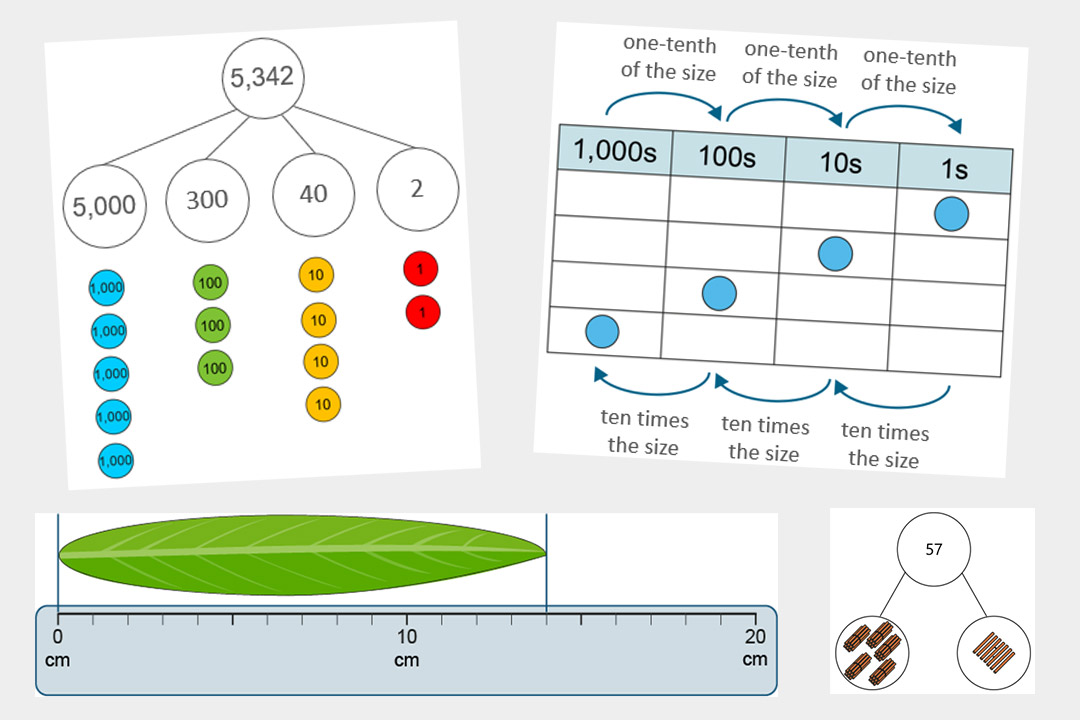
Exemplification of ready-to-progress criteria
79 PowerPoints, each one focusing on one of the ready-to-progress criteria in the new DfE maths guidance for KS1 and KS2

Curriculum prioritisation in primary maths
A term-by-term framework to support planning and teaching. Curriculum maps with PowerPoints and Teacher notes.
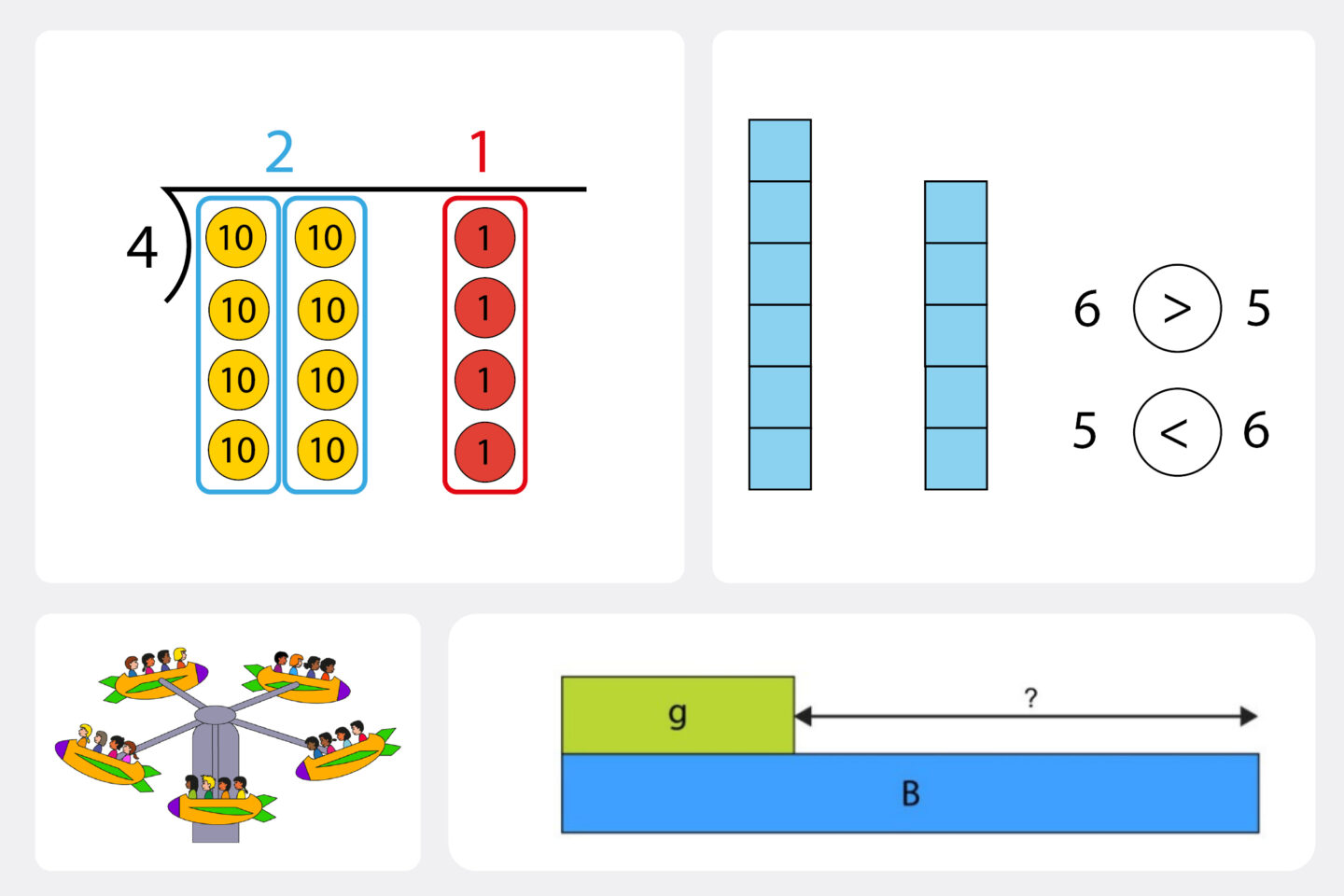
Primary Subject Knowledge Audit
Assess your confidence in teaching the content of the KS1 and KS2 maths curriculum
Primary Calculation Guidance
Recommendations and effective practice teaching ideas
A selection of Secondary Mathematics Resources from the NCETM
Secondary Mastery Professional Development
Materials that will assist you in your professional development and support you in teaching for mastery with confidence.

KS3 key ideas exemplified
A series of 52 PowerPoints containing activities and professional development stimuli based on key ideas from the core concepts explored in the KS3 PD materials

KS4 Using and applying numerical structure
Theme 7 comprises two core concepts: using structure to calculate and estimate; using structure to transform and evaluate expressions.

KS4 Proportional reasoning
Theme 8 comprises two core concepts: working with direct and inverse proportion; understanding graphical representations of proportionality.

Checkpoints
Diagnostic maths activities to help teachers develop their assessment of students' prior learning for KS3
Secondary Assessment Materials
Materials to support you and your colleagues in assessing students at KS3.
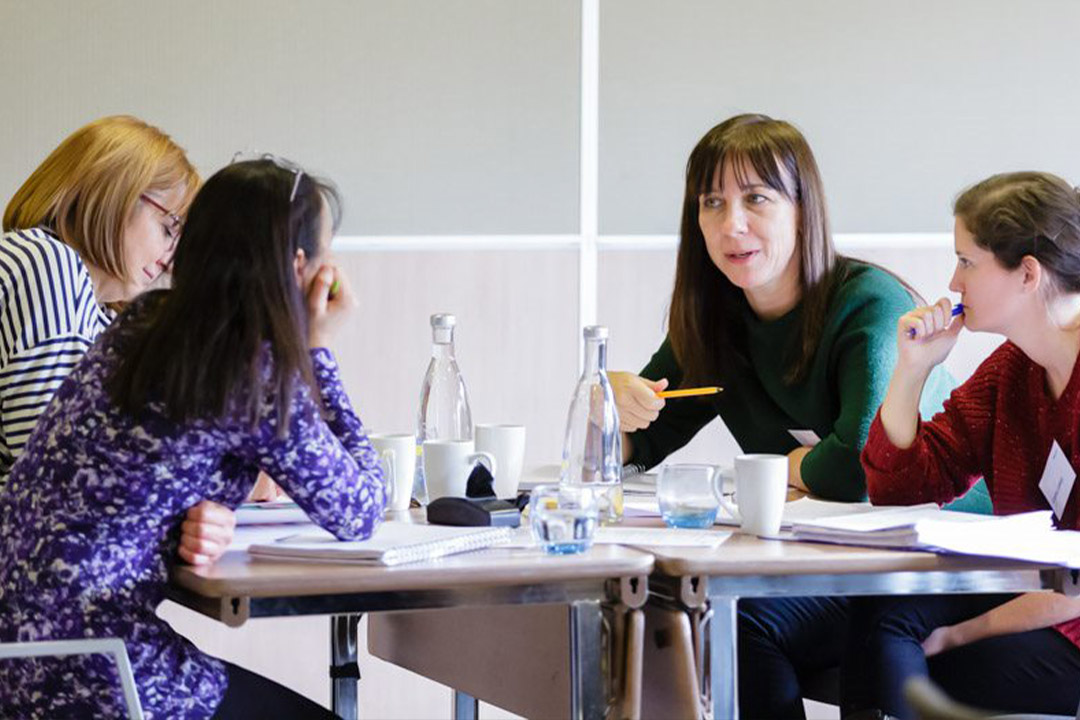
Departmental Workshops
Collaborative CPD sessions for maths departments or other groups of secondary teachers


